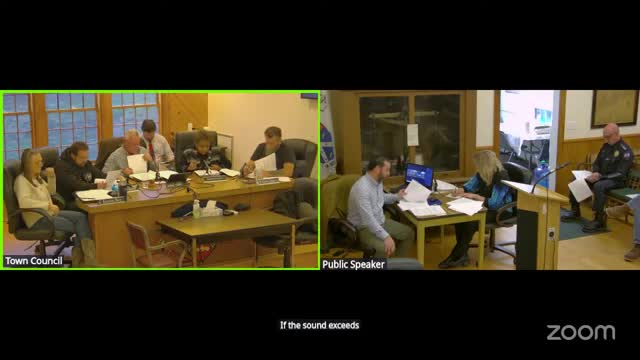Article not found
This article is no longer available. But don't worry—we've gathered other articles that discuss the same topic.
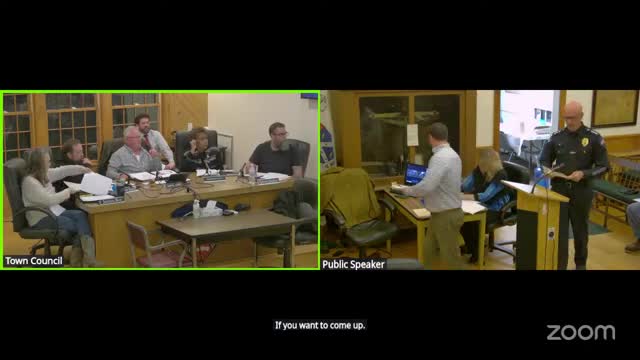
Town manager: police motorcycle community program proposed; Laurel Street bridge closure slated for 2026 replacement
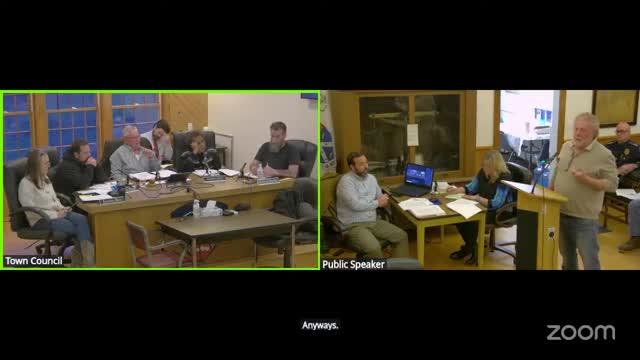
Resident Douglas York presses council over tax map errors; council says dispute is a civil matter
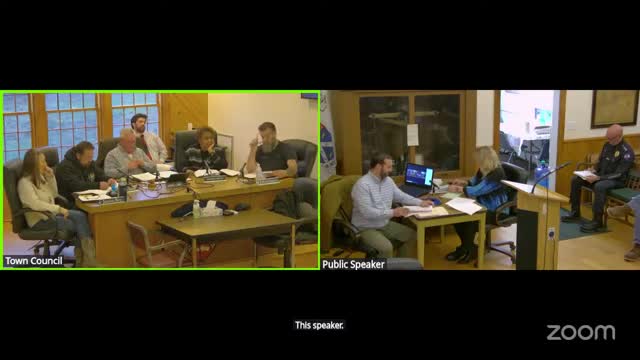
Council waives fees for Ashway Sportsman’s Club Huck Finn Day; approves special-event permit
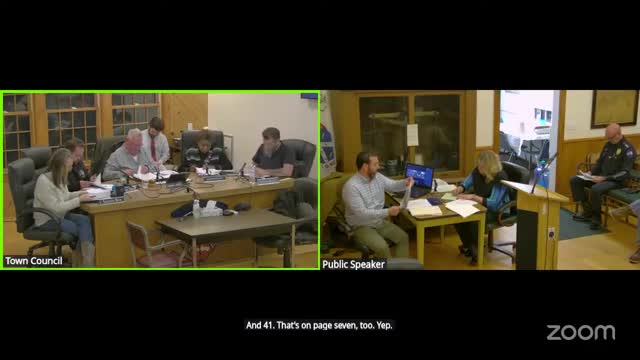
Hopkinton council adopts a slate of resolutions on state bills, Victory Day and education funding
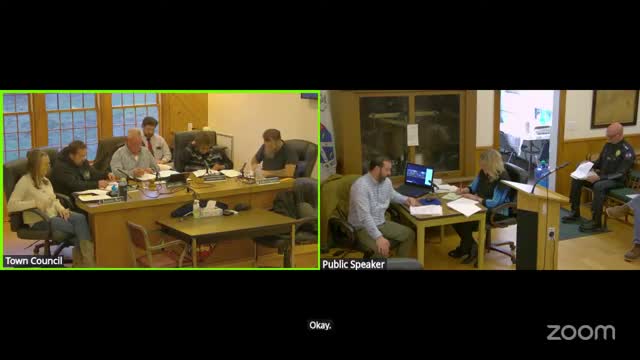
Hopkinton tables sidewalk snow-removal ordinance for more outreach, sets August 4 follow-up
